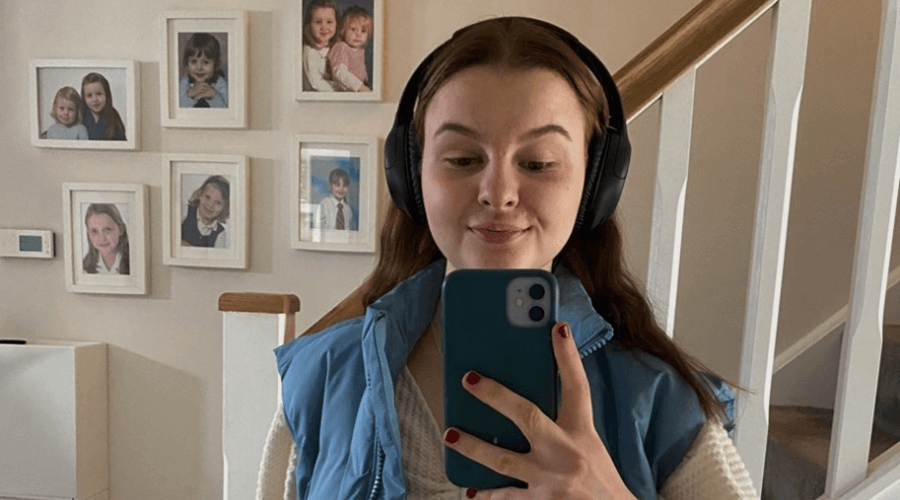Self-advocating as an autistic young person
What is self-advocacy?
Self-advocacy is the ability to communicate and stand up for your needs, interests, desires and rights. It is a skill that can be improved with practice, and by using tools to make communicating easier for you. Being able to advocate for yourself can increase your confidence, help you to navigate challenging situations, and improve your wellbeing by having your needs met.
Self-advocacy is all about speaking up for yourself and making sure your needs and rights are taken care of. It's a skill that you can get better at with practice, and there are tools that can help you communicate more effectively. When you're able to advocate for yourself, you'll feel more confident and be better equipped to handle tough situations. Plus, making sure your needs are met will improve your overall well-being.
Struggling to speak up for myself
As a child and teenager, I was very shy about expressing my needs. I was worried that people would judge me if I spoke up, and I believed I should handle everything on my own. So even though I did well academically in school, I couldn't bring myself to ask my teachers for help when I needed it. Dealing with friendships and bullying was tough since I never felt confident enough to say that I wasn't happy with how others were treating me.
As I hadn’t yet found out I was autistic, the pressure of school caught up to me. I couldn't figure out why I was miserable, and I didn't feel comfortable opening up about it. By the time I finished school, I had racked up some impressive grades and accomplishments, but it had taken a toll on my mental well-being.
Identifying your needs
Learning to advocate for myself started with me figuring out what my needs were.
What do I find difficult?
What do I like and dislike?
What really matters to me?
Asking myself questions like these helped me to figure out exactly what I needed, and then I thought about any obstacles that might be standing in the way of achieving it. For instance, I realised that my mental health was important to me, but I was struggling and nobody around me really understood what I was going through. In order to improve my wellbeing, I needed to know what kind of support would be the most beneficial for me. Doing some research about potential solutions can make it easier for others to help bring about the necessary changes.
Communicating with others
Something else to consider is what might be the easiest way for you to communicate. Talking directly can be a great way to ask for what you need. For example, if you need the volume or lights adjusted to fit your sensory needs, you can ask someone to do so. Attending a meeting to discuss the support you need is also an option. However, meetings can be overwhelming, so it might be helpful to make a written list of the things you want to discuss or questions you have. Bringing along someone you trust can also be beneficial. Additionally, self-advocacy can involve asking someone else to speak up for you if you aren't comfortable or able to do so yourself. For instance, if you're ill and need to see a doctor, it's better to ask your parents to make an appointment for you rather than not going at all!
What happens next?
You might be wondering, "what happens if they say no?". This can be really disheartening because it takes a lot of courage to speak up for yourself. It’s always helpful to have a backup plan just in case – you could try reaching out to someone else for support or finding another way to communicate. When I didn't get the support I needed for my mental health, I decided to write a letter to some of the professionals involved in my care asking for an assessment. And you know what? They said yes! It takes a lot of perseverance and determination to stand up for yourself, but there’s no better feeling than when your hard work pays off and you finally get what you need.
About the author
Astrid is a 20-year-old student who has recently been diagnosed autistic. She is passionate about mental health and loves anything to do with dance, crochet, and Taylor Swift!











